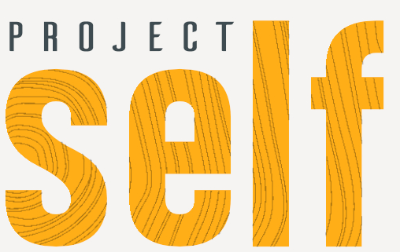What’s your relationship with time?
This piece is the first part of two explorations into Time: 1) fast time 2) slow time.
Time is the back drop, the crucible, the catalyst. The start and stop, the constant duration and the spaces in between. It’s a measure of the past, present and future of our life-time, but also now and the split second moment that has just passed of our living-time. It’s a stream and an interval, preparation, the event and the dissection.
How amazing that one concept affects so much of our reality in so many varied ways. It defines existence and describes experience.
Yet, it’s our perception of time that influences our decisions about our everyday life. Time is intrinsically linked to our values and identity so it’s important, in existential terms, to consider our relationship with it, not just our experience of it.
It seems to me that time is qualitative rather than quantitative. In other words it’s a felt phenomenon, a subjective interpretation of a collective measure. Let’s say time is an unfathomable space that holds our experience between the movement of the sun, the moons and the oceans on the planet’s continued evolution. How can it put pressure and demands on us, get faster or shorter or rush? How can its universal rhythm essentially become so humanscale?
We describe time through our relationship with time, which is essentially through how we chose to use it, what we want from it; often in a narrow sense (gain, investment) and how much we appreciate it for its natural properties in a broader sense, without appropriation. So this starts to links our values to our perception of time.
I’m struck by how much autonomy we have to affect our experience of time through exploring our perception of it and projections onto it, and so realising how we chose to relate to it and behave towards it subjectively.
Here are some of the common themes I hear:
“There’s so much to do but I procrastinate and put things off, I waste time.”
“I can’t sit down and do nothing, I feel guilty for wasting time.”
“There’s so much I want to do but not enough time.”
“I hate wasting time”
“I want more time to myself” “I want more me time” “I want more time to do what I want to do”
If your values are around achievement, validation and success, being productive is a driver for you. You tend to fill time. You may measure productivity through lists, completion; doing and things done. Satisfaction about time well spent may be measured through achievement.
But you may find it challenging to be satisfied about what you’ve done unless it’s perfect. Time relates to perfection. Accomplishment. There isn’t enough time as there is always something else to apply yourself to, to get busy with being better at. You can’t stop because time is moving on. To meet your frequently refreshed goals, you need to keep moving.
Time is the pursuit of an arrival and an ending measured by how long it takes to get there.
You may value being focused but actually have a tendency to find it difficult to focus on one thing for very long. You may have difficulty completing things your started; may start new things. You will feel under pressure and have that busy, stressy sense which scatters your attention with an awareness of the next thing or another thing. You may feel time is controlling you rather than the other way around.
You may describe time as rushing by, rather than yourself rushing by.
Does time demand of us or have we made demands of time?
You may feel if you aren’t ‘using’ time, doing something with it, you are wasting it. This is if the day, at the end, is valued by tangibly measured outcomes of time spent. Your attention is on the equation between time and task; progress. Every day you re-run this formula, trying to break it. But you can’t because you start the process afresh.
Not Wasting Time = Busy. Busy trying to feel good through time measured through how you’ve spent it; like a currency. Time as perceived through what you’ve done with it, got for it, gained with it.
Putting things off for ‘time achievers’ feels unproductive and potentially a weakness because it feels like you are not using time to achieve what you should be doing but are spending time doing other things instead.
“To hate our procrastinating tendencies is in some way to hate our relationship with time itself, to be unequal to the phenomenology of revelation and the way it works its own way in its very own gifted time”. David Whyte
How do we make time? My sense of this is by not filling it. How do we waste time?
That’s your decision. Based on how you perceive time wasted and how you value time.
